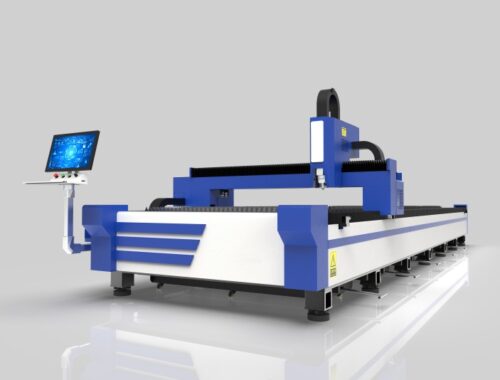Fuse Isolator: Essential Protection for Electrical Circuits
# Fuse Isolator: Essential Protection for Electrical Circuits
## What Is a Fuse Isolator?
A fuse isolator is a crucial component in electrical systems that combines the functions of a fuse and an isolator switch. It provides both circuit protection and the ability to safely disconnect power for maintenance or emergency situations. These devices are commonly used in industrial, commercial, and residential electrical installations where reliable circuit protection and isolation are required.
## How Does a Fuse Isolator Work?
The fuse isolator operates on a simple yet effective principle:
– The fuse element protects the circuit by melting when current exceeds safe levels
– The isolator switch allows manual disconnection of the circuit
– When the switch is open, it provides visible isolation and a safe working gap
This dual functionality makes fuse isolators particularly valuable in electrical distribution systems where both protection and isolation are necessary.
## Key Features of Fuse Isolators
Modern fuse isolators incorporate several important features:
– Visible isolation gap for safety verification
– Robust construction for long service life
– Clear ON/OFF indication
– Secure locking mechanisms
– Various current ratings to suit different applications
– Compliance with international safety standards
## Applications of Fuse Isolators
Fuse isolators find use in numerous electrical applications:
– Main distribution boards
– Motor control circuits
– Lighting circuits
– HVAC systems
– Industrial machinery
– Renewable energy systems
Their versatility makes them suitable for both low-voltage and medium-voltage applications across various industries.
## Benefits of Using Fuse Isolators
The advantages of incorporating fuse isolators in electrical systems include:
– Enhanced safety for maintenance personnel
– Simplified circuit protection and isolation
– Cost-effective solution compared to separate components
– Reduced space requirements in electrical panels
– Improved system reliability
– Easy fault identification and replacement
## Installation and Maintenance Considerations
Proper installation and maintenance are essential for optimal performance:
– Always follow manufacturer guidelines for installation
– Ensure correct fuse rating for the protected circuit
– Regularly inspect for signs of wear or damage
– Test isolation function periodically
– Keep contacts clean and properly tightened
– Replace fuses with identical specifications
## Choosing the Right Fuse Isolator
When selecting a fuse isolator, consider these factors:
– Voltage rating of your system
– Maximum current requirements
– Short-circuit capacity
– Environmental conditions
– Space constraints
– Compliance with local regulations
Consulting with an electrical professional can help ensure you select the most appropriate fuse isolator for your specific application.
## Safety Precautions
Always observe these safety measures when working with fuse isolators:
– De-energize circuits before working on them
– Use appropriate personal protective equipment
– Verify isolation with a voltage tester
– Never bypass safety features
– Follow lockout/tagout procedures
– Only qualified personnel should perform installations or maintenance
Fuse isolators play a vital role in modern electrical systems by combining essential protection and isolation functions in a single device. Their proper selection, installation, and maintenance contribute significantly to electrical safety and system reliability. Whether in industrial settings or residential applications, fuse isolators provide an efficient solution for circuit protection and safe isolation requirements.
Keyword: Fuse Isolator
바카라사이트 추천: 안전하고 신뢰할 수 있는 온라인 카지노 플랫폼
You May Also Like

AWS Weather Station: Monitoring Environmental Conditions with Precision
March 17, 2025
DO YOU KNOW HOW TO EXTEND THE LIFESPAN OF YOUR LASER CUTTING MACHINE?
November 22, 2024